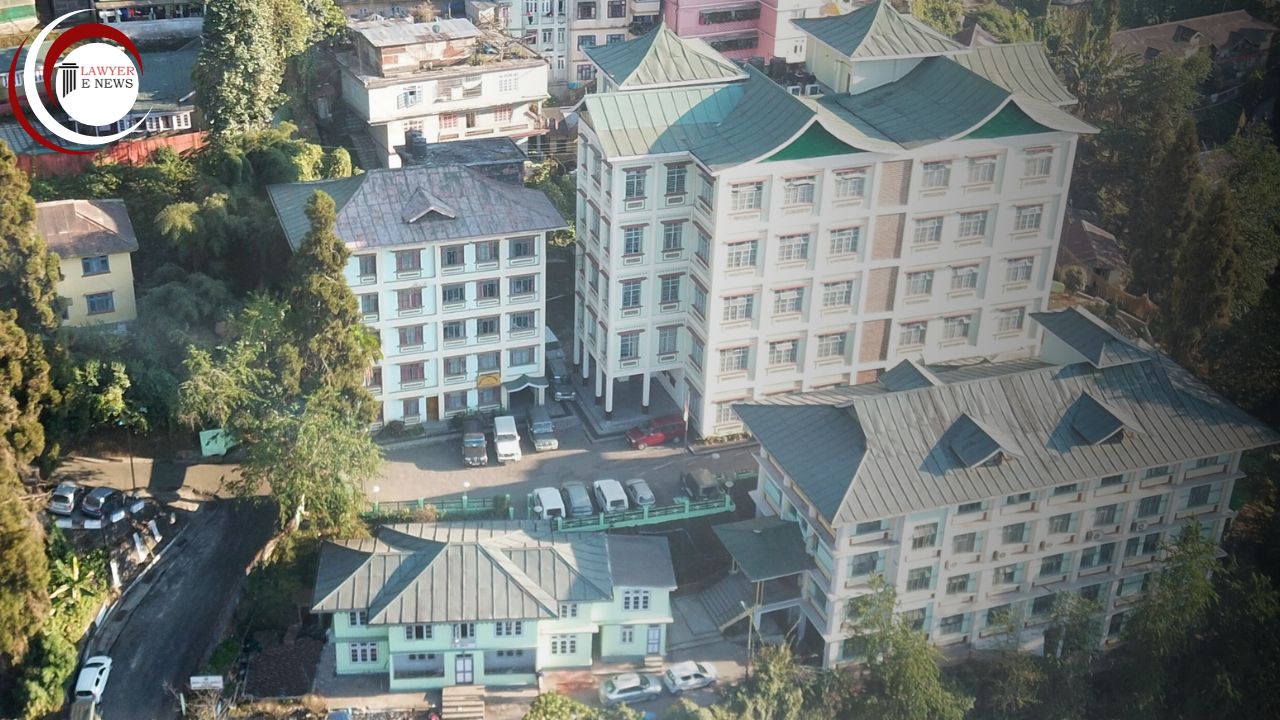-
by Admin
15 February 2026 5:35 AM



High Court highlights appellant’s misconduct and stresses the necessity of personal presence in matrimonial disputes.
The Himachal Pradesh High Court has dismissed an appeal filed by Amit Kumar, challenging the dismissal of his petition under Section 9 of the Hindu Marriage Act, 1955, by the Family Court, Sirmaur at Nahan. The High Court bench, comprising Chief Justice M.S. Ramachandra Rao and Justice Satyen Vaidya, upheld the Family Court’s decision, highlighting the appellant’s conduct and emphasizing the necessity for parties to be present in family court proceedings.
Amit Kumar married Renu Devi on August 10, 2021. Three days after their marriage, Renu’s brother and uncles, along with police officials, forcibly took her away, leading to her residing at her parental house. Amit Kumar filed a petition under Section 9 of the Hindu Marriage Act, contending that Renu had deserted him without reasonable cause. Renu Devi, in her reply, alleged abduction and coercion by Amit Kumar, denying any marriage took place.
On July 6, 2022, during a scheduled hearing, Amit Kumar walked out of the court proceedings without returning, despite repeated calls. Consequently, neither he nor his counsel appeared on the next date, August 12, 2022, resulting in the petition’s dismissal for default of appearance. Amit Kumar later filed for restoration of the petition under Order IX Rule 4 CPC, which the Family Court dismissed, leading to the present appeal.
Appellant’s Conduct:
The High Court scrutinized Amit Kumar’s conduct, noting his abrupt departure from the court on July 6, 2022, without informing his counsel or seeking the court’s permission. “The appellant did not show respect to the court by leaving the courtroom while his case was being heard,” observed the bench. The court underscored the importance of the appellant’s presence, especially given the sensitive nature of matrimonial disputes.
The court reiterated the requirement of parties’ presence under Section 13 of the Family Courts Act, 1984, noting that personal appearances are typically mandated unless expressly waived by the court. “In matrimonial cases, the presence of the parties is crucial for conciliation and proper adjudication,” the judgment emphasized. The appellant’s absence on multiple dates, without sufficient cause, was found inexcusable.
The High Court supported the Family Court’s reliance on judicial records and the appellant’s documented conduct. “The appellant’s failure to justify his absence and his attempt to blame his counsel reflects a lack of accountability,” the bench stated. The court dismissed the appellant’s contention that his counsel misled him, emphasizing the improbability of such advice in the context of family court proceedings.
Chief Justice M.S. Ramachandra Rao remarked, “The appellant cannot be permitted to take advantage of his own wrong in walking out of the court and failing to appear subsequently. His conduct demonstrates a disregard for court procedures and responsibilities.”
The High Court’s dismissal of the appeal underscores the judiciary’s insistence on the parties’ accountability in legal proceedings, especially in sensitive matrimonial cases. This decision reinforces the necessity for parties to engage earnestly with court processes and the significant repercussions of neglecting court appearances. The judgment serves as a crucial precedent, affirming that litigants cannot evade their responsibilities and then seek remedial relief by attributing faults to their legal representatives.
Date of Decision: 9th July 2024
Amit Kumar vs. Renu Devi
